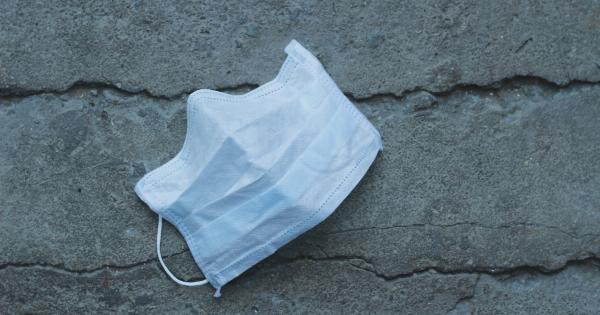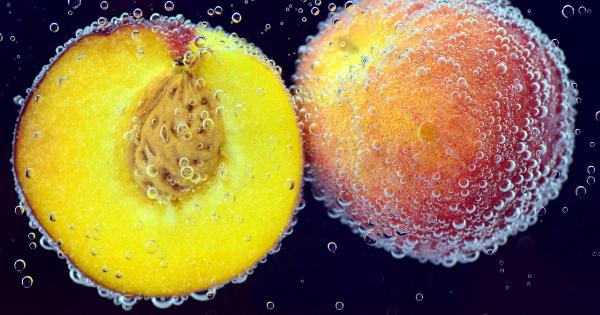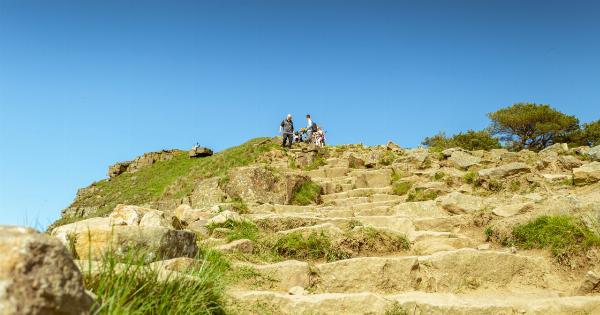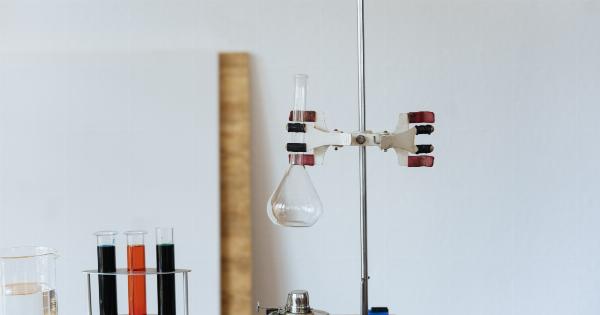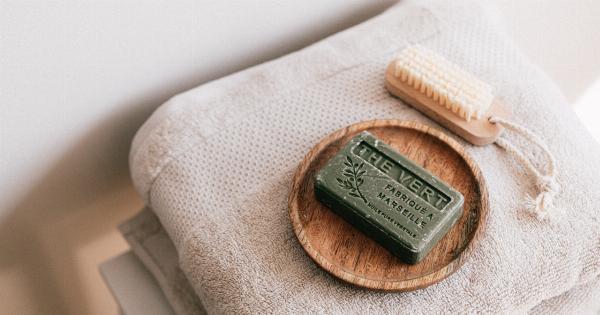Nephrolithiasis, commonly known as kidney stones, is a painful condition that affects millions of people worldwide. These small, hard mineral deposits can form in the kidneys and can cause severe pain when they pass through the urinary tract.
While there is no foolproof way to prevent kidney stones entirely, there are several strategies that can help minimize the risk of developing them.
By incorporating these strategies into your lifestyle, you can significantly reduce the likelihood of dealing with kidney stones:.
1. Stay Hydrated
One of the most effective ways to prevent kidney stones is to stay well-hydrated throughout the day. Drinking an adequate amount of water ensures that your urine is diluted, which helps prevent the formation of crystals that lead to stone formation.
Aim to drink at least 8-10 glasses of water daily, or more if you live in a hot climate or are physically active.
2. Limit Sodium Intake
Excessive sodium consumption can increase the risk of developing kidney stones. High levels of sodium in the body can result in higher calcium levels in the urine, which can contribute to stone formation.
To reduce your sodium intake, avoid processed foods, fast foods, and excessive use of table salt. Opt for fresh, whole foods and season your meals with herbs and spices instead of salt.
3. Eat a Balanced Diet
A well-balanced diet can go a long way in preventing kidney stones. Include a variety of fruits, vegetables, whole grains, and lean proteins in your daily meals.
Certain foods, such as those rich in oxalate (spinach, rhubarb, beetroot, etc.) or purines (red meat, organ meat, shellfish, etc.), can increase the risk of stone formation. However, that doesn’t mean you need to avoid them entirely. Moderation is key, and it’s important to ensure a diverse and nutritious diet.
4. Increase Citrus Fruit Consumption
Citrus fruits, such as lemons and oranges, are rich in citrate, a compound that helps prevent the formation of kidney stones. Citrate binds to calcium, preventing it from crystallizing and forming stones.
Adding a squeeze of lemon or lime juice to your water can be a simple way to increase your citrate intake. Additionally, consuming whole citrus fruits as a part of your diet can offer numerous other health benefits as well.
5. Maintain a Healthy Weight
Being overweight or obese can increase the risk of kidney stone formation. Excess weight can lead to metabolic changes that promote stone formation. Therefore, maintaining a healthy weight through regular exercise and a balanced diet is crucial.
Incorporate physical activity into your routine and aim to achieve a healthy body mass index (BMI) by adopting a sustainable approach to weight management.
While these strategies can significantly reduce the risk of kidney stone formation, it’s important to remember that they may not guarantee complete prevention.
Some individuals may be more genetically predisposed to forming stones, making prevention more challenging. If you have a history of kidney stones or are experiencing symptoms such as severe pain, blood in the urine, or frequent urinary tract infections, it’s essential to consult a healthcare professional for appropriate evaluation and guidance.







